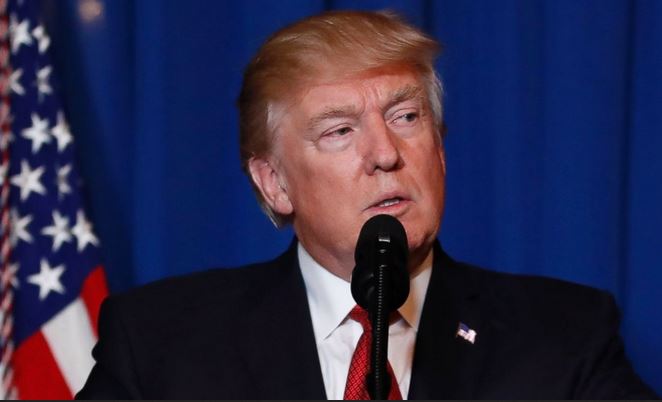
The Trump administration has a new plan for the war in Syria, Spencer Ackerman reports for The Daily Beast, and it’s the same as the old one: bomb the hell out of the Islamic State and other extremists while not just leaving the greatest purveyor of violence there alone, but treating it as a de facto partner.
This is, for those following along, broadly the same plan that the previous U.S. administration pursued. Despite the Assad regime crossing President Barack Obama’s self-imposed “red line” in 2013, it wasn’t until a year later that the U.S. bombs began falling — on the Islamic State and other extremists. The hereditary dictator and his forces were spared, and not for a lack of humanitarian justification, but because U.S. foreign policy elites had long before decided that a change in regime posed the greatest threat to perceived U.S. interests.
Leftists who embraced realists’ perverted version of anti-imperialism — support for dictators in the name of stability, not just when threatened by Western invasions but in the face of popular uprisings — overlooked this thematically inconvenient war on terror and the new president’s repeated desire to escalate it. As late as last fall left-liberal pundits were continuing to gravely warn of a coming war, portraying better informed critics of the regime-change storyline as the warmongers even as they ignored the thousands of U.S. airstrikes those purported warmongers decried. The latter’s crime was decrying Syrian and Russian airstrikes, too, which is well established as the road to World War III.
Continue reading “Trump’s new war plan is an awful lot like the old one”




